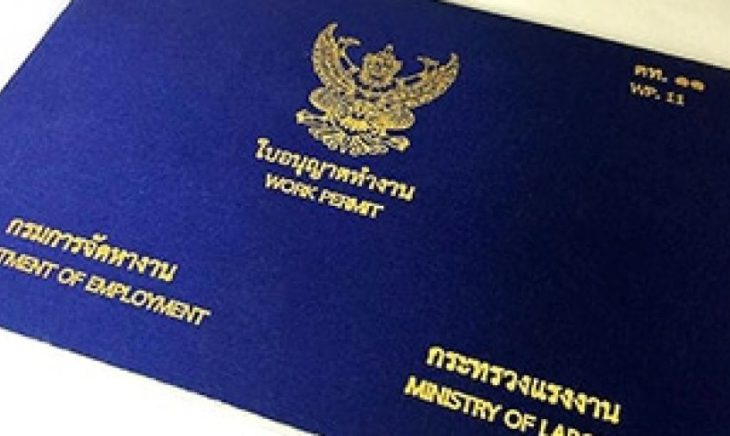Thailand is and continues to be a favored destination for foreign investment. However, many foreigners find the requirements for work permits under Thai law to be a major obstacle when it comes to establishing themselves in Thailand.
Many people believe that even short trips to Thailand for short business trips or training seminars require a work permit. This is not necessarily the case. There are certain situations where foreigners can travel to Thailand for certain business and educational activities without a work permit. They would only need to file a notification of work (or, urgent work permit) with the Ministry of Labor.
Urgent work notifications
The Thai government understands that there are times when foreigners need to travel to the Kingdom for short periods for business or education. There has always been special dispensation for foreigners who need to enter the country for a few days (specifically, no more than 15 days) to conduct certain activities that normally would require work permits.
In these cases, a Form W.P. 10 (Notification for Engagement in Necessary and Urgent Work Under Section 9) needs to be submitted. Even though technically this is meant to be a notification process, previously, a justification for why only a foreigner could conduct the activity was required, so officials could still choose not to acknowledge receipt if they felt the explanation was insufficient.
A recent Ministry of Labor notification seems to ease this somewhat. On 28 June 2017, the ministry issued amended guidelines (link to Thai text) for temporary work. Applicants now only have to prove that the activity falls under one of the 16 categories and confirm that the activity will be completed in 15 days.
These 16 categories, considered administrative or educational, are:
- Organizing meetings, trainings, or seminars
- Special academic lectures
- Aviation management
- Occasional internal audits
- Investigating and resolving technology issues
- Quality control inspections of goods and products
- Inspections or improvements of manufacturing methods
- Inspections or repairs of machinery or electrical systems
- Installations or repairs of machinery
- Maintenance of electric rail systems
- Maintenance of airplanes and aviation systems
- Advising on repairs to machinery and machinery control systems
- Demonstrating and testing machinery
- Motion pictures filming and still photography
- Recruiting employees for work outside Thailand
- Testing skills of technicians to be sent to work outside Thailand
Nevertheless, this is a relatively new rule, so it remains to be seen whether ministry officials will choose to challenge whether the activity falls under one of these categories or whether the activity will be completed in 15 days. Also, further investigation is required as to whether an extension for this notification is possible and whether there are any limits to how often a person can use this form.
Temporary relief offered for work permit rules until January 2018
For those that do need to obtain a work permit, the current Thai government seems to understand that this can be a difficult process, especially with the implementation of new regulations. Since 23 June 2017, the National Council for Peace and Order issued a temporary measure (link to Thai text) regarding work permits and foreigners working in Thailand. It stated that employers and foreigners working in Thailand have until 1 January 2018 to fully comply with regulations. With that, there is some relief for employers and foreign employees to act and ensure that their businesses are compliant.
If you would like to discuss your work permit situation or to find out more about the urgent work notifications for you or your visiting colleagues, please feel free to contact GPS Legal & Consulting.




